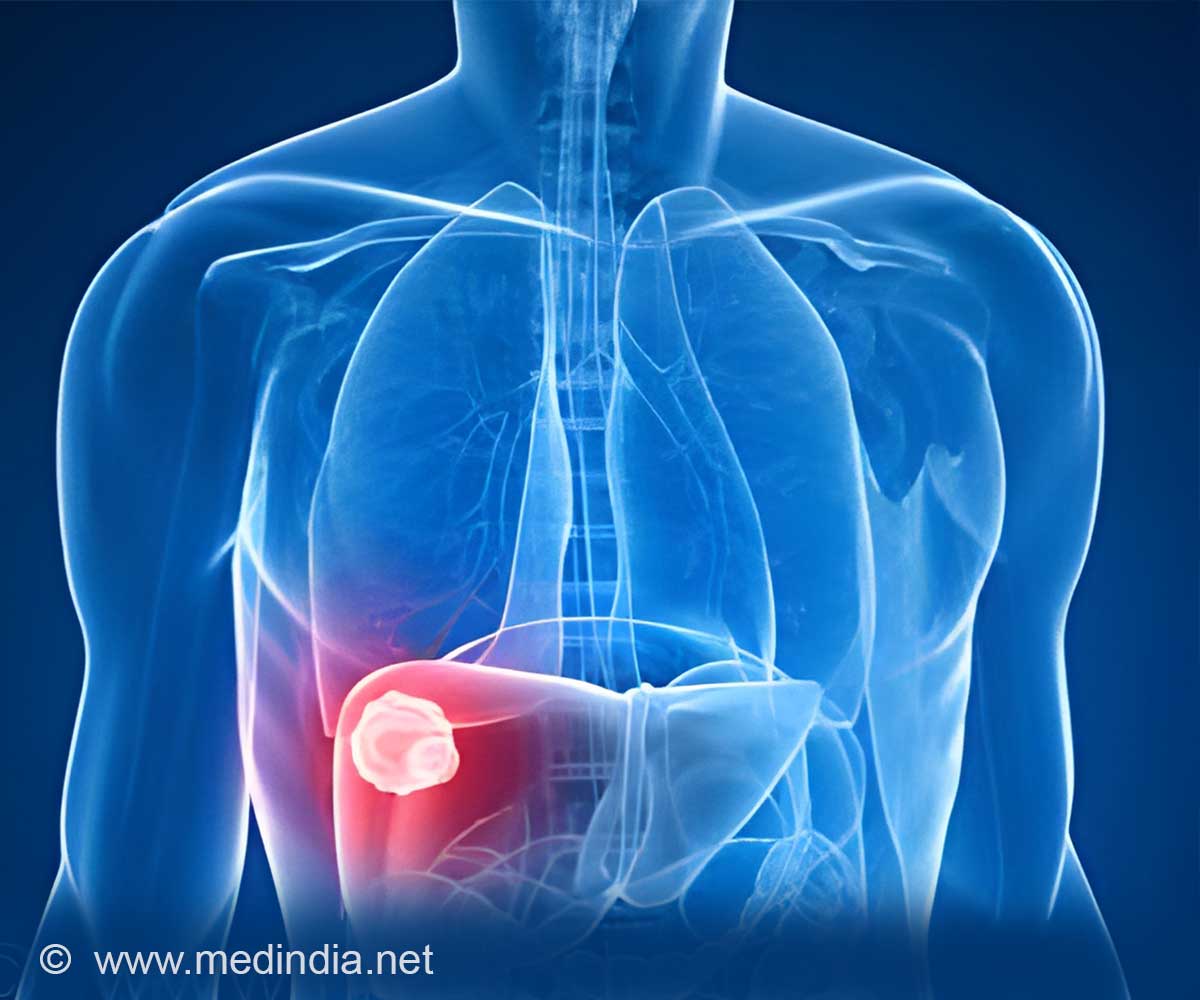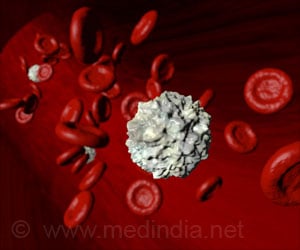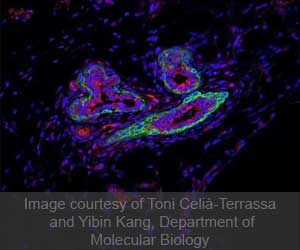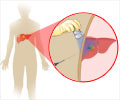
‘If the cancer stem cells are eliminated, the cancer dies.’
Tweet it Now
New liver cancer cases went up 38 percent from 2003 to 2012, according to the Centers for Disease Control and Prevention. The disease's death rate increased by 56 percent to 23,000 deaths between 2012 and 2003. The study, published in the journal Molecular Cell , is an example of how Keck School of Medicine researchers are finding biomedical solutions that in the distant future could improve medical treatment for patients. Ou believes the target therapy his team identified could also be used for other types of cancers.
A way to sidestep disease resistance
Liver cancer is resistant to most chemotherapy drugs. Only three drugs have been effective in shrinking liver tumors, but tumors become resistant to the treatment quickly, according to the American Cancer Society.
Ou and his colleagues found that mitophagy, the removal of damaged mitochondria (the cell's energizer batteries), is a potential therapeutic target. Mitophagy can cause tumors to proliferate. That is because a powerful tumor suppressor called p53 attaches itself to mitochondria. Removing mitochondria inadvertently removes the body's natural ability to keep tumors at bay.
Advertisement
"Now that we understand the molecular process, we will be able to target this pathway to stop the production of cancer stem cells," Ou said. "If cancer stem cells are gone, cancer is gone."
Advertisement
Source-Eurekalert















